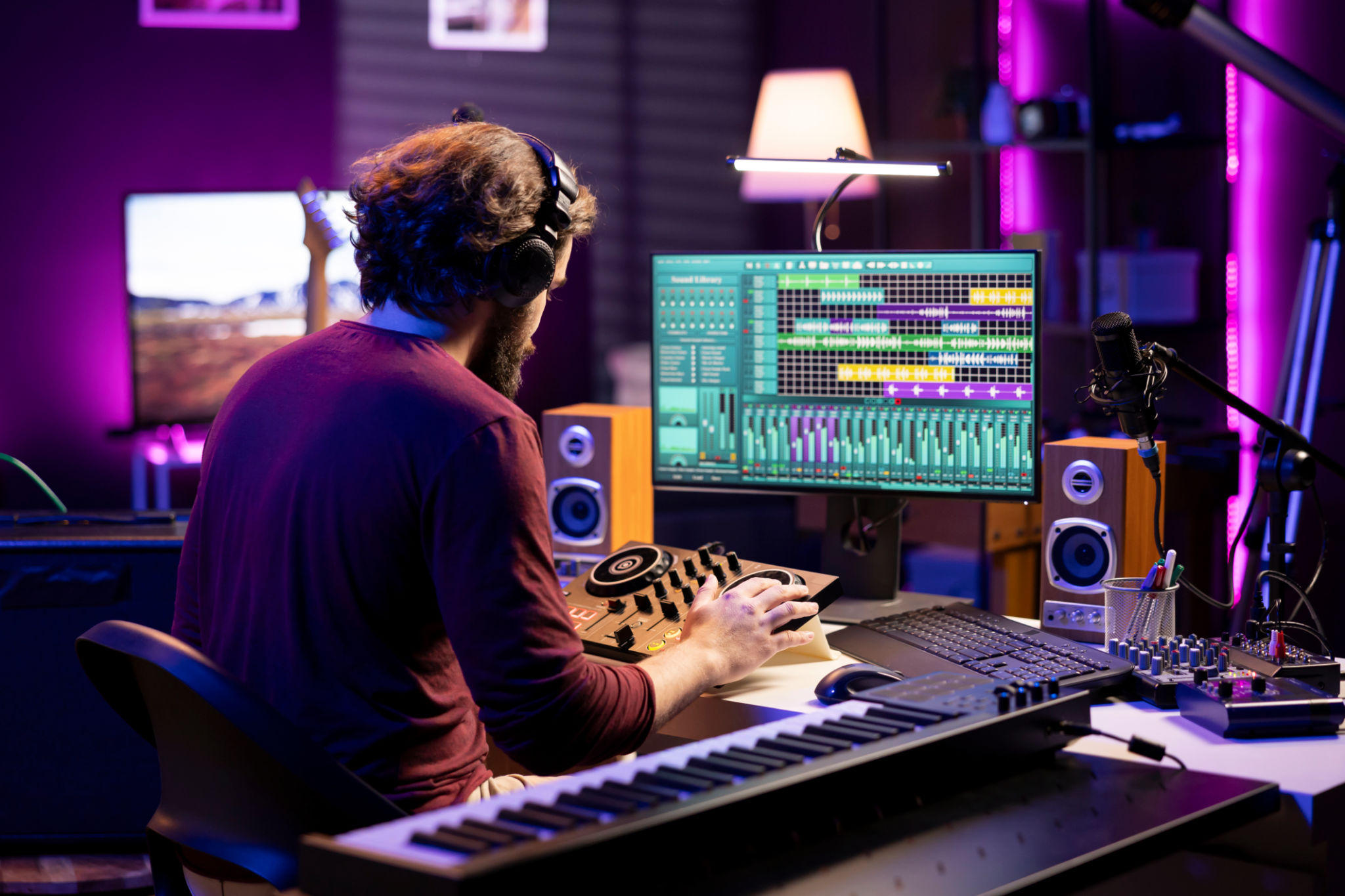DIY Audio Mastering: When to Go Pro for Your Music
Understanding DIY Audio Mastering
Audio mastering is the final step in music production, where the recorded tracks are polished and prepared for distribution. Many artists opt for DIY audio mastering, leveraging software tools that offer a range of features to enhance their music. This approach can be cost-effective and allows for greater creative control over the final sound. However, it can also be challenging without the right knowledge and experience.
DIY mastering involves using digital audio workstations (DAWs) and plugins to adjust levels, EQ, compression, and other elements. While these tools have become increasingly sophisticated, achieving professional-quality results requires a deep understanding of sound engineering principles.

When DIY Might Be Enough
For independent musicians with a knack for technology and a good ear, DIY mastering can be a viable option, especially for those on a tight budget. Artists producing demos or mixtapes for promotional purposes might find that DIY mastering provides sufficient quality without the expense of a professional service.
Another scenario where DIY might suffice is when artists are working on experimental projects or genres where a polished sound is not the primary goal. In these cases, the rawness of a DIY master might even add to the music's appeal.
Essential Tools for DIY Mastering
To get started with DIY audio mastering, you'll need some essential tools:
- A reliable digital audio workstation (DAW)
- High-quality studio monitors or headphones
- Mastering-specific plugins like EQ, compressor, limiter, and saturation tools

Recognizing the Limitations of DIY
Despite the advantages, DIY mastering has its limitations. Achieving a truly professional sound typically requires years of experience and a well-trained ear. Professional mastering engineers have access to high-end equipment and acoustically treated environments that are difficult to replicate at home.
A common pitfall in DIY mastering is over-processing, which can lead to a distorted or overly compressed sound. Without the expertise to strike the right balance, you might end up compromising the quality of your music.
Signs You Should Hire a Professional
There are several indicators that it might be time to seek professional help:
- Your tracks lack clarity and definition despite multiple attempts at mastering.
- You struggle to achieve consistency across multiple tracks.
- You feel that your music isn't translating well across different playback systems.

The Benefits of Professional Mastering
Hiring a professional mastering engineer can elevate your music to new heights. These experts bring a fresh perspective to your work and can offer valuable insights into improving your sound. They have the skills to enhance the sonic qualities of your tracks while maintaining their original character.
Professional mastering also ensures that your music meets industry standards, which is crucial if you plan to distribute your work on major streaming platforms or physical formats. This level of polish can make a significant difference in how your music is perceived by audiences and industry professionals alike.
Making the Decision
Ultimately, the decision between DIY and professional mastering depends on your goals, budget, and level of expertise. If you're serious about your music career and want the best possible sound quality, investing in professional mastering could be a wise choice.
On the other hand, if you're just starting out or working on personal projects, DIY mastering might be sufficient for your needs. Whichever path you choose, understanding the process and recognizing when to seek help will serve you well in your musical journey.
